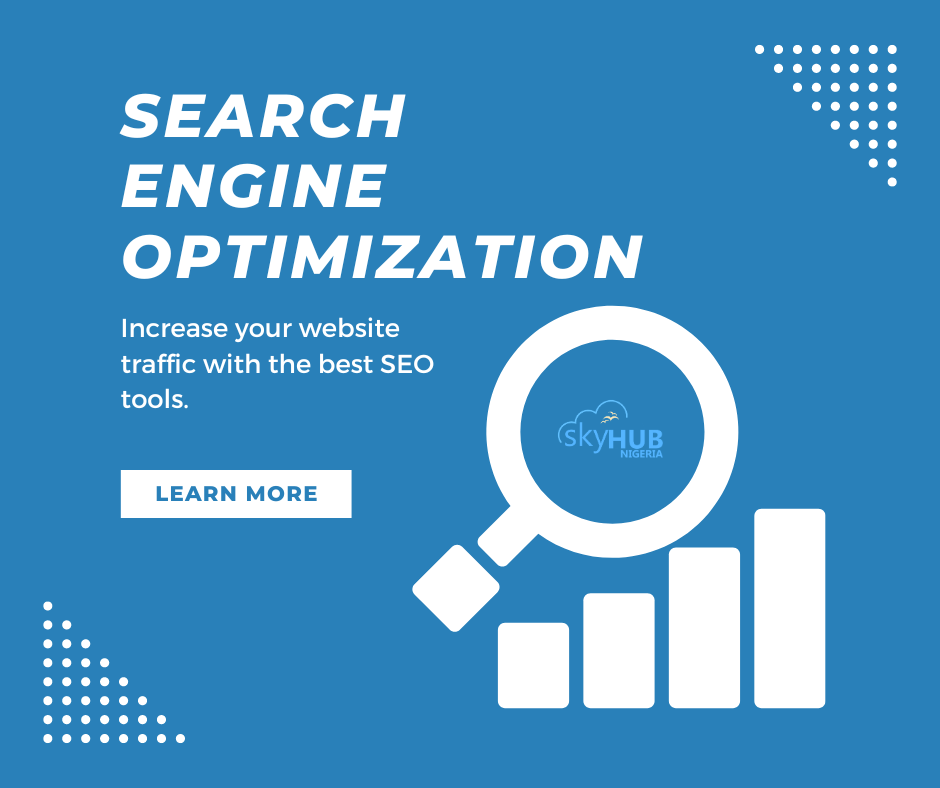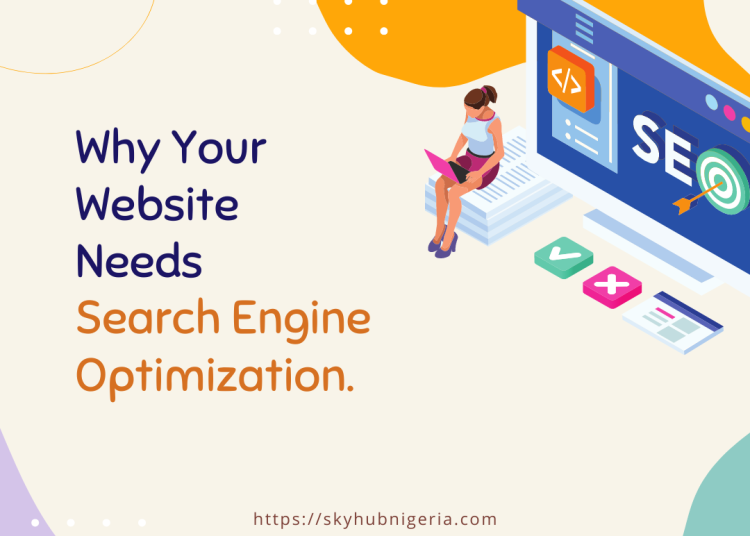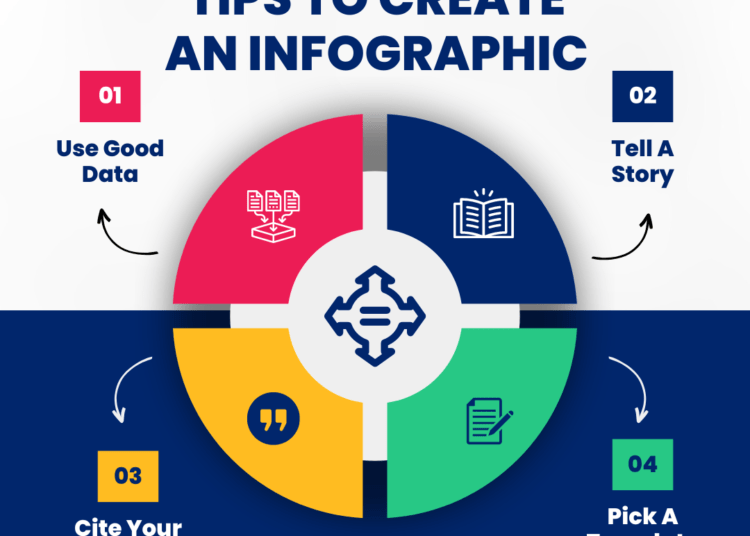
In today’s competitive digital landscape, small businesses need to employ effective SEO strategies to outrank their competition on Google and drive more organic traffic to their websites. As proficient SEO and high-end copywriter, we understand the importance of creating content that is not only informative and engaging but also optimized for search engines. In this article, we will share our insights and tips on how small businesses can improve their SEO efforts and outrank their competitors on Google.
Understanding the Importance of SEO for Small Businesses
SEO, or Search Engine Optimization, is the process of optimizing a website to rank higher in search engine results pages (SERPs) for relevant keywords. With over 5.6 billion searches conducted on Google every day, having a strong SEO strategy is essential for small businesses to get found online and attract potential customers. When done right, SEO can help drive organic traffic to a website, improve brand visibility, and increase conversion rates, all of which can have a significant impact on a small business’s bottom line.
Keyword Research: The Foundation of SEO Success
Keyword research is the foundation of any successful SEO strategy. By identifying the right keywords that your target audience is searching for, you can create content that is relevant, valuable, and optimized for those keywords. To outrank your competition on Google, it’s crucial to conduct thorough keyword research to identify high-ranking keywords with low competition.
One effective strategy is to use long-tail keywords, which are longer and more specific keyword phrases that are less competitive but highly relevant to your business. For example, instead of targeting the broad keyword “SEO,” you could target a long-tail keyword like “SEO tips for small businesses” or “best SEO practices for local businesses.” By targeting long-tail keywords, you can increase your chances of ranking higher in SERPs and attracting more targeted traffic to your website.
Creating High-Quality, Keyword-Optimized Content
Once you have identified your target keywords, the next step is to create high-quality, keyword-optimized content that provides value to your readers. Gone are the days of keyword stuffing, as search engines now prioritize content that is informative, relevant, and engaging.
When creating content, it’s essential to use your target keywords strategically. Include them in your headline, meta title, and description, URL, and throughout the body of your content. However, be careful not to overdo it, as keyword stuffing can result in a penalty from search engines and harm your rankings.
In addition to optimizing for keywords, it’s crucial to create content that is comprehensive, detailed, and addresses the needs and pain points of your target audience. Providing in-depth information and insights on a specific topic can position your website as an authoritative source and help you outrank your competitors. Use subheadings with keyword-rich titles to make your content more organized and easier to read, both for your audience and search engines.
Optimizing On-Page Elements for SEO Success
Optimizing on-page elements is another critical aspect of SEO that can help you outrank your competition on Google. On-page elements refer to the various elements on a webpage that can be optimized to improve its visibility in search results.
Meta tags, including the meta title and meta description, are crucial on-page elements that should be optimized for your target keywords. These tags provide a brief summary of your web page’s content and help search engines understand what your page is about. Including your target keywords in these meta tags can increase the relevance of your content to the search query and improve your chances of ranking higher in SERPs.
Another important on-page element to optimize is your URL structure. Use descriptive URLs that include your target keywords and make it easy for search engines and users to understand what your page is about








